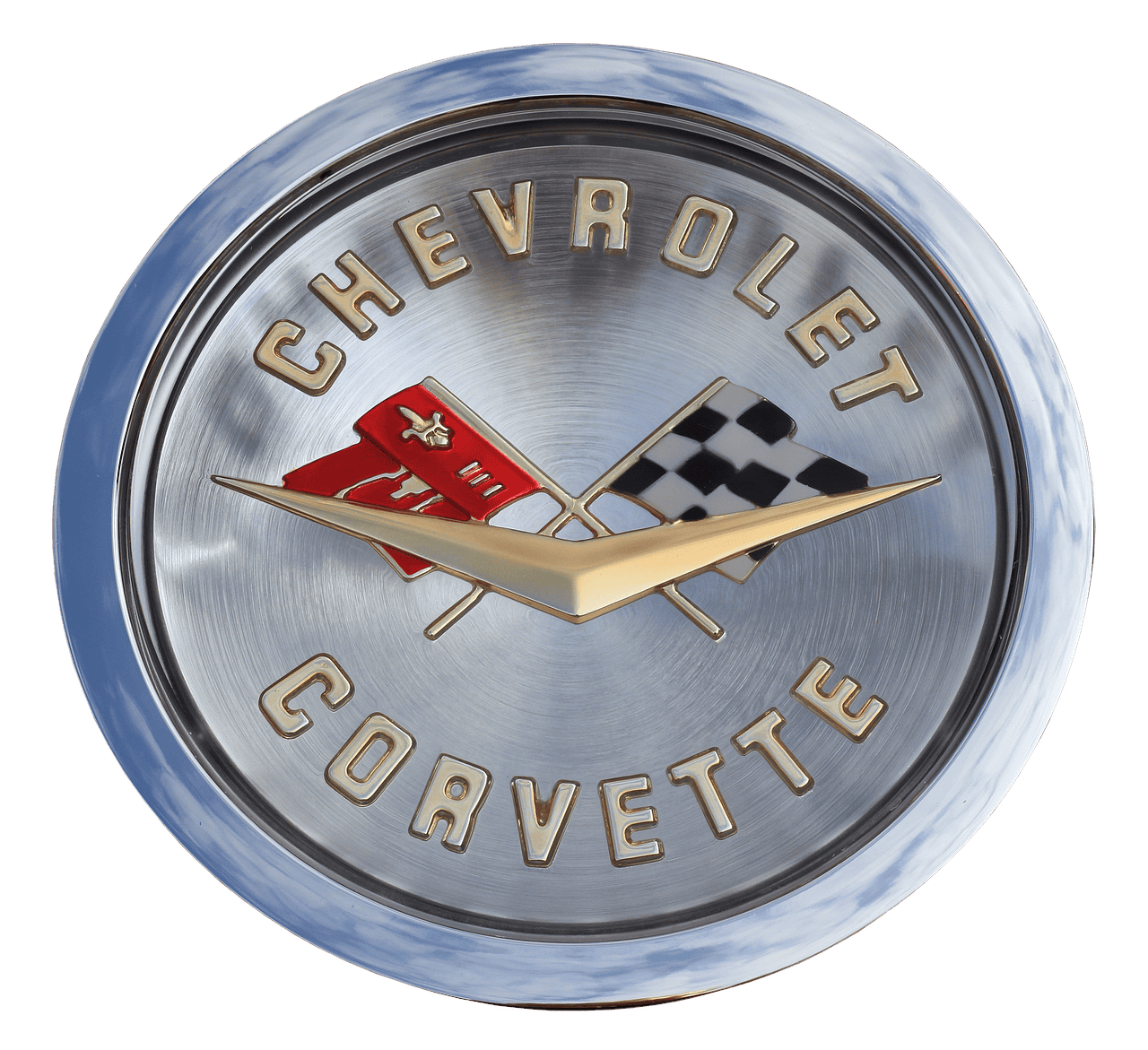Massive Chevy Recall Alert: 23,000+ Vehicles at Risk Due to Fuel Leak Fire Hazard
Here we go again with another automotive recall that makes you wonder if car manufacturers are secretly trying to recreate the excitement of action movies in real life. This time, it’s General Motors pulling over 23,000 Chevrolet Corvettes off the road because apparently, they’ve got a little too much fire in their bellies – literally.
According to the National Highway Traffic Safety Administration (NHTSA), GM issued this Chevy recall after discovering that these high-performance sports cars have developed a concerning habit of leaking fuel, which could potentially turn your weekend joyride into something resembling a Michael Bay film. Because nothing says “American muscle car” quite like the genuine possibility of spontaneous combustion, right?
The Devil’s in the Details: What’s Actually Going Wrong
The Chevy recall specifically targets 2023-2026 Corvette Z06 models and 2025-2026 ZR1 variants – you know, the ones that cost more than most people’s houses and were supposed to be the pinnacle of automotive engineering excellence. Instead, these mechanical marvels have been experiencing fuel spillage issues as which would make even a gas station attendant nervous.
Here’s where it gets particularly frustrating for owners: the problem occurs in vehicles equipped with a left-side radiator and fan combination. During refueling – you know, that basic function cars are supposed to handle without drama – excess fuel can spill into the fuel-filler pocket. This leaked fuel then has the audacity to potentially come into contact with hot engine components or exhaust parts, creating what safety experts politely call “an increased fire risk.”
Translation? Your expensive sports car might decide to barbecue itself while you’re trying to fill up the tank. Fantastic.
How We Got Here: The Engineering Oops
The root of this Chevy recall traces back to what appears to be a design oversight that somehow made it through GM’s quality control process. The affected Corvettes have a configuration issue where the fuel system doesn’t play nicely with the cooling system components. When you’re pumping gas, the fuel doesn’t stay where it’s supposed to – it goes on an unwanted adventure around the engine bay.
This isn’t just a minor inconvenience we’re talking about. The NHTSA has linked this fuel leak issue to multiple reported fires, which means some unlucky Corvette owners have already experienced the joy of watching their six-figure investment go up in smoke. Literally.
The irony here is almost too perfect. These are performance vehicles designed to go fast and look good doing it, but instead, they’re making headlines for potentially turning into expensive bonfires during the most mundane automotive task imaginable.
What GM Is Actually Doing About This Mess
To GM’s credit – and this might be the only credit they deserve in this situation – they’ve stepped up to address the Chevy recall with what they’re calling a “voluntary safety recall.” Because apparently, when your cars have a tendency to catch fire, calling it “voluntary” somehow makes it sound less catastrophic.
The company has promised to provide free repairs to affected vehicles, which involves installing additional components to prevent fuel spillage during refueling. They’re also working directly with dealerships to ensure parts are available and technicians are properly trained to handle the fix.
But here’s the kicker – if you own one of these affected Corvettes, you’re probably looking at some inconvenient downtime while your local Chevy dealer figures out how to make your car stop trying to immolate itself. For vehicles that many owners consider weekend toys or special occasion rides, this timing couldn’t be worse.
The Bigger Picture: When Performance Meets Problems
This Chevy recall highlights a broader issue in the automotive industry’s rush to produce increasingly complex, high-performance vehicles. The Corvette Z06 and ZR1 aren’t your grandfather’s muscle cars – they’re sophisticated machines packed with advanced engineering and cutting-edge technology. Unfortunately, sometimes all that complexity creates new ways for things to go spectacularly wrong.
What’s particularly maddening for affected owners is that these aren’t budget vehicles where you might expect some corners to be cut. We’re talking about premium sports cars that buyers purchased specifically because they trusted GM to deliver both performance and reliability. Instead, they got performance with a side of potential pyrotechnics.
The fact that this issue made it through testing and into production raises some uncomfortable questions about quality control processes at GM. How does a fuel spillage problem that can lead to fires not get caught during the development phase? Were the engineers too focused on horsepower numbers to pay attention to basic safety considerations?
What This Means for Current and Future Corvette Owners
If you’re one of the unfortunate souls who owns an affected vehicle, the first step is obvious – contact your local Chevrolet dealer immediately. Don’t wait for a recall notice to arrive in the mail, because apparently, your car’s desire to catch fire won’t wait for the postal service.
GM has set up dedicated customer service lines to handle Chevy recall inquiries, and they’re supposedly prioritizing these repairs given the fire risk involved. The company has also indicated that they’ll provide updates on repair availability and timeline as the situation develops.
For prospective Corvette buyers, this recall serves as a reminder that even iconic American sports cars aren’t immune to serious engineering flaws. It’s worth doing your homework and asking pointed questions about any ongoing recalls or safety issues before signing on the dotted line.
This Chevy recall might be resolved relatively quickly with proper repairs, but the trust issues it creates could linger much longer. After all, once you’ve owned a car that tried to set itself on fire during routine maintenance, it’s hard to forget that experience – even after it’s supposedly been fixed.







